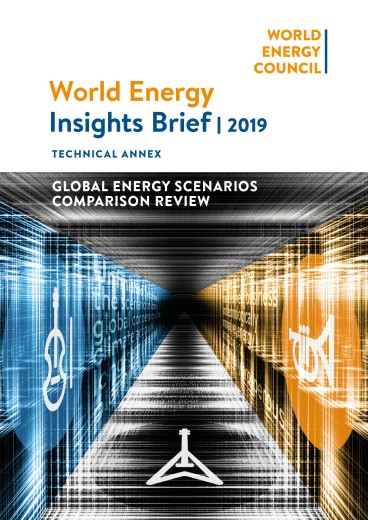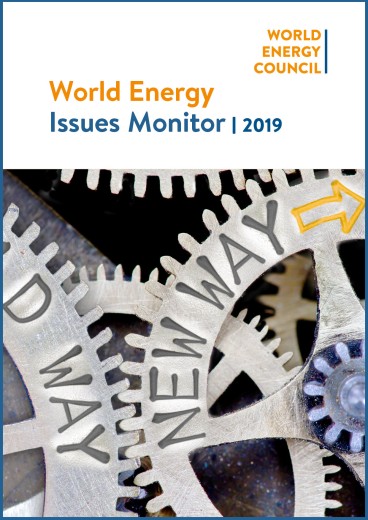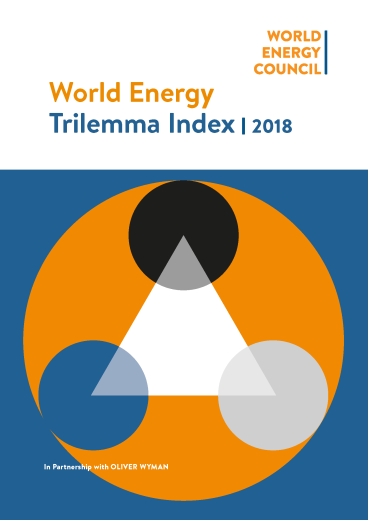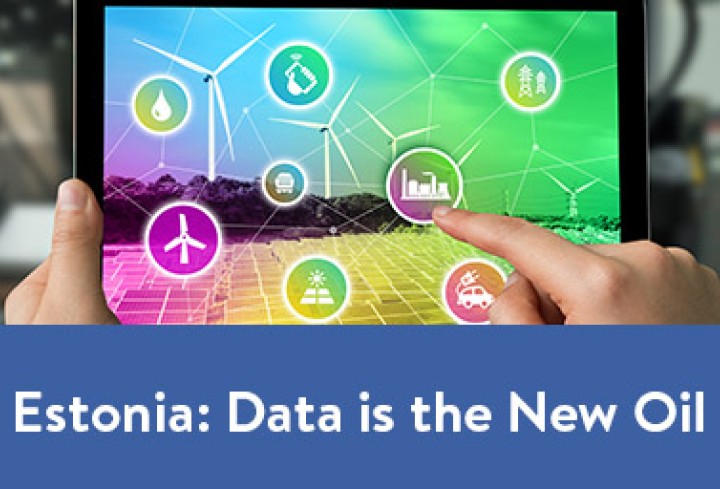Energy transition is nothing new, but the need for a timely, well managed global transition is unprecedented. No longer is it just the concern for energy companies and government policy, but part of a much larger transition effecting all industries, governments, consumers and even the planet’s survival.
Energy transition is used to broadly describe long-term structural change in energy systems.
As more people secure basic access to modern energy, the challenge of providing quality energy access for better livelihoods and for whole societies to flourish will begin in earnest, in all world regions.
The shift to digital, decarbonised, and decentralised energy abundance raises new energy security challenges – including extreme weather, grid reliability and resilience, and cyber security threats. How we respond to these challenges will affect not just the energy sector, but all industries, governments and consumers.
The need for successful energy transition is urgent. We support the United Nations’ Sustainable Development Goal 7 to provide quality access to clean and sustainable energy for all by 2030. But the reality is that the world is still far off achieving this goal. Today, the main challenge we face is to better manage energy transition in synergy with the transitions in society, industry and the environment.
Energy transition is a complex area and requires innovative collaboration. There is no ‘one size fits all’ global solution and we do not have a single vision of successful energy transition. A range of solutions is required for the different needs and challenges throughout the world.
No country, company, city, or community can achieve the energy transition alone or all at once. All technologies and innovations will be needed, connecting across countries and sectors, and engaging multiple stakeholders and diverse policy shapers.
The energy transition poses inter-connected policy challenges, such as trade-offs and synergies between energy security, access, affordability and environmental sustainability.
We strongly believe that engaging with the whole energy system enables new perspectives and better ideas to be generated. The World Energy Council is a whole systems thinking organization.
Bringing together people committed to the best possible future for the energy industry and everyone who relies upon it is one of our core objectives.
- It’s estimated that just under 1 billion people are living without access to electricity access
- Nearly 2.7 billion people lack access to clean cooking facilities, relying instead on biomass, coal or kerosene as their primary cooking fuel
- The use of renewable energy resources as a proportion of total energy consumption has steadily increased since the 2000s; in 2017 it was about 10%
- The rise in ‘prosumers’ – people both producing and using energy - is shifting how we power our homes and our communities. It is considered one of the most exciting trends in renewable energy







